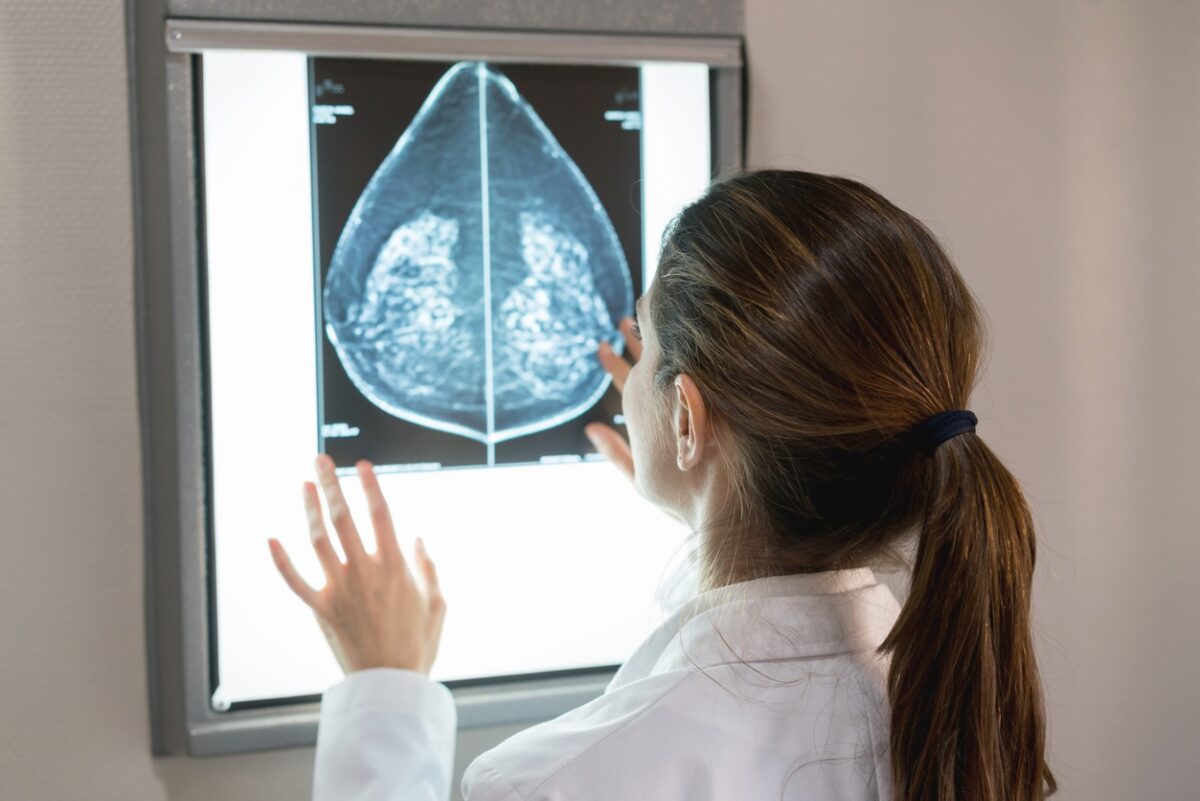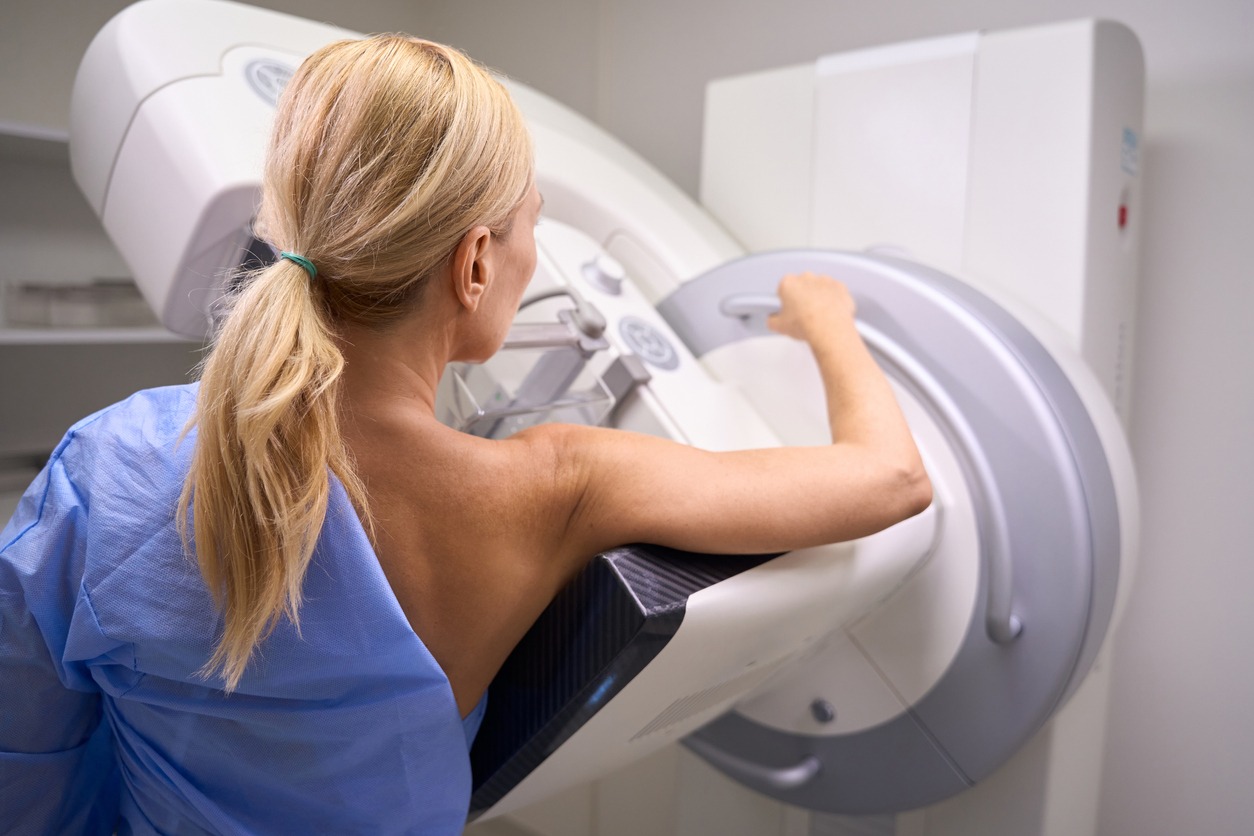For decades, mammograms have been a crucial tool in the early detection of breast cancer. But now, researchers are uncovering a new benefit: these routine X-ray scans can also help assess heart health.
At a recent meeting of the American College of Cardiology, scientists presented findings that suggest mammograms can reveal calcium buildup in the arteries within breast tissue—an important indicator of cardiovascular risk. Using artificial intelligence (AI), researchers analyzed over 56,000 mammogram images from Emory University and found a clear link between arterial calcifications in breast tissue and a woman’s risk of heart disease, stroke, or heart failure.
Why This Matters for Women Over 50
Cardiovascular disease remains the leading cause of death among women, yet many women don’t receive adequate screening for heart health. This new research provides an opportunity to use mammograms not only to detect breast cancer but also to identify early signs of heart disease.
The study found that women under 80 with significant breast arterial calcification had a much higher risk of heart complications. Those with the highest levels of calcification were nearly three times more likely to die within five years than those with minimal calcium buildup.
A Dual-Purpose Screening Tool

Dr. Theo Dapamede, the lead researcher and a postdoctoral fellow at Emory University, emphasized the potential impact of these findings: “We see an opportunity for women to get screened for cancer and also additionally get a cardiovascular screen from their mammograms.”
Currently, radiologists focus on identifying breast cancer in mammograms, often overlooking signs of arterial calcification. But if AI technology is approved by the FDA, it could become a standard part of mammography programs, helping women receive early warnings about potential heart issues.
What This Means for You
With around 40 million mammograms performed annually in the U.S., incorporating cardiovascular screening could be a game-changer for women’s health. If you’re over 50 and getting regular mammograms, consider discussing with your doctor whether your scan results include any signs of breast arterial calcification. Early detection of both breast cancer and heart disease could lead to life-saving interventions.
As researchers continue to explore AI’s potential in mammography, the future of women’s health screenings may become even more comprehensive—offering more insights with a single, routine test.
For now, this research serves as a reminder: taking charge of your health means looking at the bigger picture, beyond just one condition. Stay proactive, stay informed, and talk to your healthcare provider about what this means for you.
Read More:
Is Weight Lifting For Women Over 50 a Good Idea?
Silent but Deadly: The Hidden Cardiovascular Risks Women Face After Menopause
How Estrogen Deficiency Can Affect Your Skin — And What to Do About It







